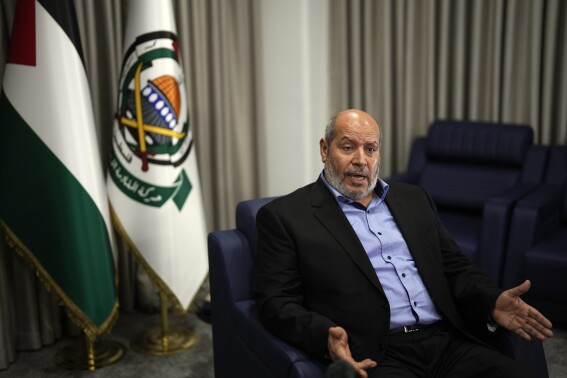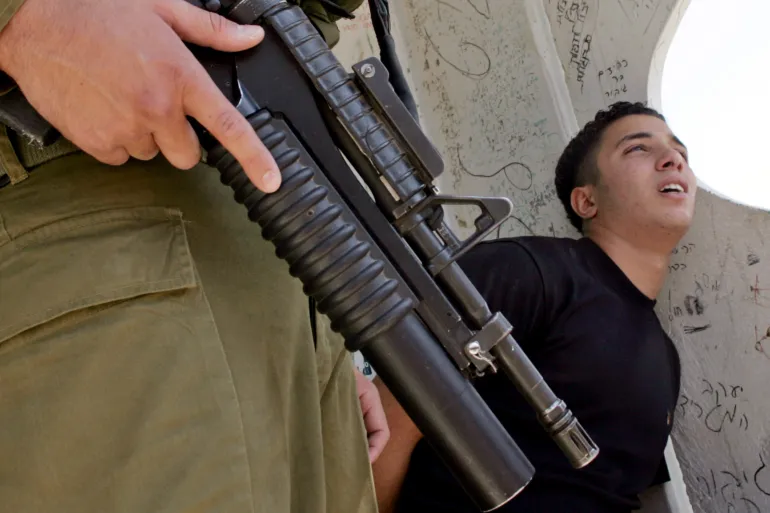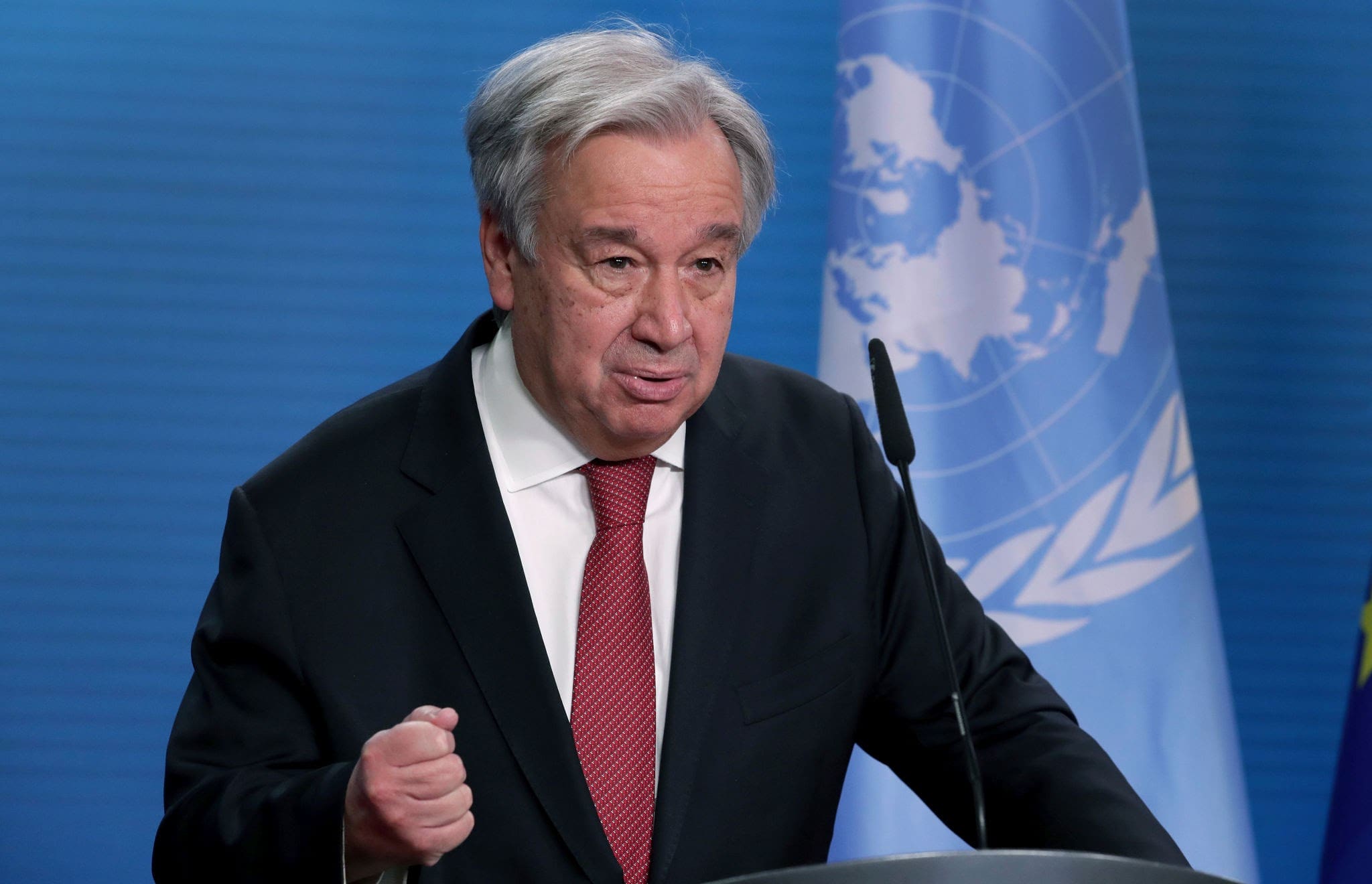UN Secretary-General António Guterres’ recent tweet reflects a troubling perspective on the ongoing conflict between Israel and Hamas, particularly his comments on the “collective punishment of the Palestinian people.” His words, coming 11 months after the devastating October 7th massacre, in which more than 3,000 Hamas terrorists and their supporters violently crossed into Israel, attempt to shift some of the blame onto Israel, rather than focusing on Hamas’s well-documented history of terrorism and aggression.
On that fateful day, Hamas launched an unprecedented attack on Israeli civilians, leading to the deaths of approximately 1,200 individuals, the kidnapping of over 250, and injuries to thousands more. This attack marked the deadliest terrorist incident in Israel since its establishment. In the months following, Hamas has continued to bombard Israeli civilian areas with over 40,000 rockets. Despite this clear aggression, Guterres’s statement on the need to end the “collective punishment” seems to equate Israel’s defensive measures with Hamas’s acts of terror, skewing the narrative against Israel.
It is critical to understand the context of Hamas’s actions in Gaza, where they have invested extensively in military infrastructure at the cost of civilian welfare. Tunnels longer than major metro systems worldwide, and extensive militarization of residential areas, highlight how Hamas uses Gaza as a fortress for its operations, often with the tacit approval of the local population who have elected Hamas as their leaders.
By focusing on the so-called “collective punishment” rather than the continuous terrorist activities of Hamas, Guterres’s comments overlook the primary cause of suffering in Gaza: Hamas’s decision to prioritize conflict over the well-being of its people. His call for a ceasefire and a two-state solution, while necessary for peace, fails to hold Hamas accountable for holding over a hundred Israelis hostage and for their sustained terrorist campaigns.
If the UN wishes to genuinely contribute to peace in the region, it must recognize and condemn the root causes of the conflict. This includes acknowledging Hamas’s role in perpetuating violence and its impact not just on Israel, but on the Palestinian people in Gaza whom Hamas claims to represent. Only then can the international community begin to work towards a solution that ensures peace, security, and prosperity for both Israelis and Palestinians.






